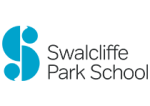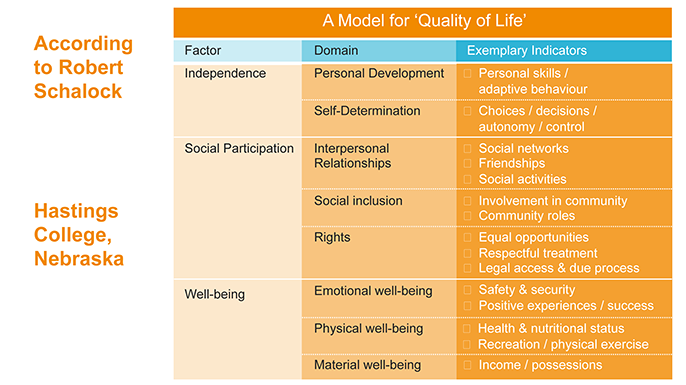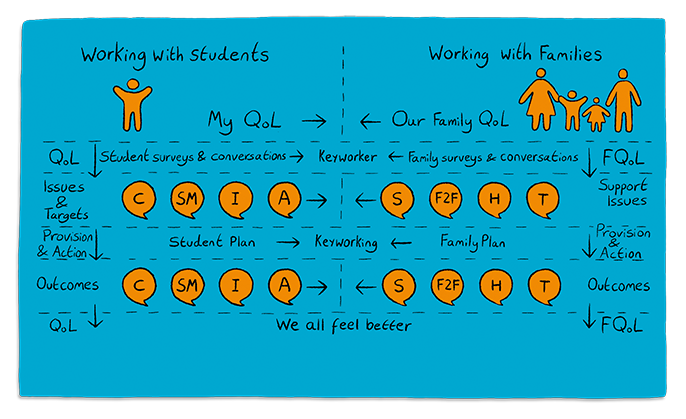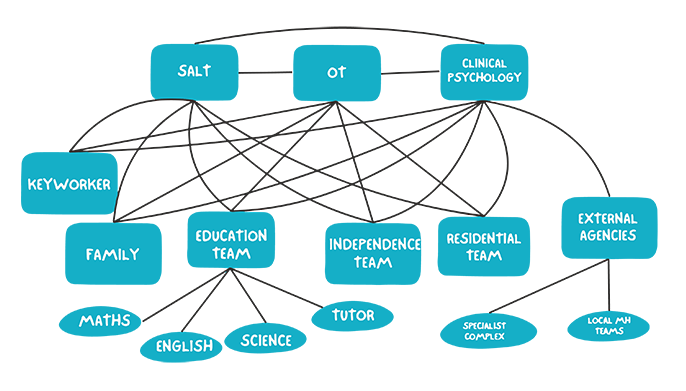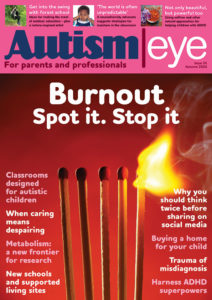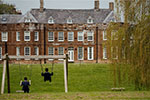 Swalcliffe Park School explains how a multi-disciplinary approach improves ‘Quality of Life’ outcomes for young people and their families in a school setting.
Swalcliffe Park School explains how a multi-disciplinary approach improves ‘Quality of Life’ outcomes for young people and their families in a school setting.
We hear the term ‘Quality of Life’ (QoL) used in many contexts on the radio or in newspapers and magazines, for example for some this might be about their work-life balance, while for others it could be in terms of their health, their financial situation or perhaps the residential care needs of a loved one… or maybe it’s just which beach to lie on in the summer!
Whatever the context, we need to define it so we all have the same understanding of what we are talking about.
This is a starting point to be able to gain an understanding of the important issues for our students and their families, so we can agree on how best to address them and measure whether what we are doing is working.
The good news is that we can find plenty of ways of describing the essence of QoL by a simple internet search… and if you do this you will see there are many models based on this theme.
‘Quality of Life’ based on a model by Dr Robert Schalock
At Swalcliffe Park we have developed a ‘Quality of Life’ framework (see below) and approach that maps into the model developed by Dr Robert Schalock to help address the issues of importance to our students and families.
In our framework, we have a focus on four main areas, namely Communication (called Social Participation in Schalock’s model) Self-Management (Schalock calls it Well-being), Independence, and, as we are a school, we also have a focus on Achievement.
We use our keyworking system to hear student and family voices every week through individual meetings, as well as end-of-term Quality of Life surveys.
Helpful for important issues
We find this is a helpful model for us when talking about the really important issues that impact the QoL of our students and families, as well as deciding who is best placed within our multi-disciplinary team to provide the specialist support required.
The complex profiles of our students mean we need to place a strong emphasis on developing their knowledge of themselves so they can develop meaningful strategies to support their everyday life, now and in their future.
This is a natural part of the school’s safeguarding culture and includes supporting them to advocate for their wants and needs, providing opportunities for positive social connections and experiences, and supporting them to develop ‘tool kits’ to manage their communication and regulation skills in a range of situations.
There is also a strong focus on working with the students to develop the skills they need to navigate the world outside school.
Swalcliffe Park QoL framework
Specialist support and guidance
Having a multi-disciplinary team approach, which includes a strong key working system to meet these complex needs, ensures specialist support and guidance is available to each student and his family as required, taking into account the ever-changing or ‘dynamic’ nature of QoL.
This in-house support is also able to work in collaborative ways within the school.
It supports the wider staff team working with students in understanding the interventions and approaches being implemented, enabling a fully joined-up approach.
Learn more
To find out more about our school, multi-disciplinary working and our ‘Quality of Life’ framework, please contact Kiran Hingorani, Chief Executive Officer, on 01295 7803032 or khingorani@swalcliffepark.co.uk
Swalcliffe Park School is an ‘Outstanding’ non-maintained, residential and day school for autistic boys (10-19) currently working with over 20 local authorities. The school is a Charitable Incorporated Organisation (CIO).










